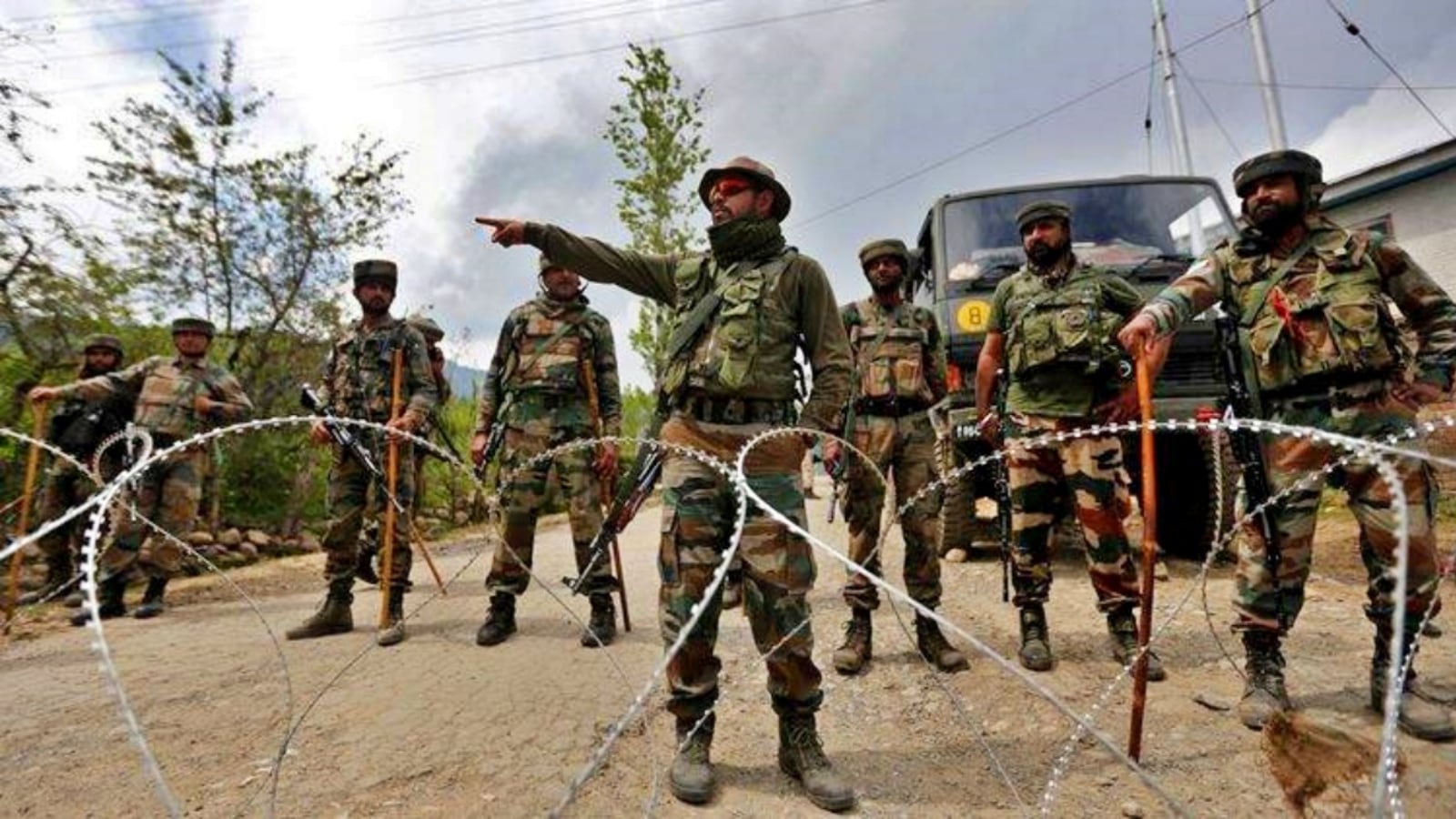The Ernakulam Bench of the Central Administrative Tribunal (CAT) has set aside a State government order appointing B. Ashok, Principal Secretary, Agriculture, as Chairman and Managing Director of the Kerala Transport Development Finance Corporation (KTDFC).
The tribunal order came on a petition filed by Mr. Ashok challenging the decision of the General Administration (AIS) department to shift him from the post of Principal Secretary (Agriculture). He argued that the order violated the AIS (Cadre) Rules, since he was being appointed to a post with a pay scale lower than that of his cadre post.
Stating that only the Centre could exercise the power, the Bench said Mr. Ashok’s consent too was needed for this and set aside the order.
Mr. Ashok further challenged the declaration of equivalence of posts, without any objective consideration of either the duties and functions attached to the posts or even the pay attached to it, stating that this was in violation of Rule 12 of the AIS (Pay) Rules.
He alleged that there was wilful disregard of norms, despite a directive of the CAT not to issue orders of appointment, transfer, and posting in respect of IAS cadre posts without the convening of and recommendations of the the Civil Services Board.
The tribunal had earlier this year set aside a government order appointing Mr. Ashok as Chairperson of the Local Self-Government Reforms Commission on deputation after he filed a petition challenging the appointment.
He contended that his deputation as chairperson of the commission was without his consent and in violation of various statutory rules and guidelines. Furthermore, the government was not empowered to issue an order deputing him to the post under Rule 6(2)(i) of the All India Service (Cadre) Rules 1954.
The tribunal had then observed that the power of deputation of an IAS officer under Rule 6(2)(i) can be exercised only by the Centre with the consent of the applicant. Since the power was purportedly exercised under Rule 6(2)(i) by the State government, the government order is legally not sustainable. Besides, the government order was not in accordance with Rule 12(1) of the Indian Administrative Service (Pay) Rules, it had held.



.png)
.png)
.png)
















 5 hours ago
4
5 hours ago
4







 English (US) ·
English (US) ·